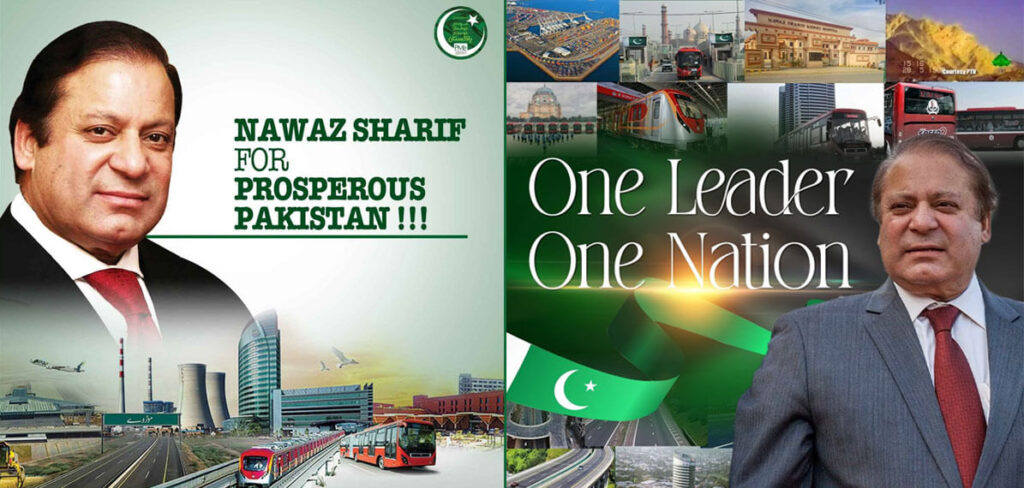Pakistan’s development under the leadership of Nawaz Sharif has been nothing short of remarkable. The country made great strides in poverty alleviation, education, and infrastructure development under his tenure.
Nawaz Sharif’s leadership style can be best described as participatory and consultative. He believed in engaging all stakeholders in the decision-making process and taking their input into account before making any final decisions. This approach yielded positive results for Pakistan, with the country making significant progress on various economic indicators during Sharif’s time in office.
Under Sharif’s leadership, Pakistan achieved its highest-ever GDP growth rate of 8%, maintained strong fiscal discipline, and reduced its budgetary deficit from 8.5% of GDP to 4%. The country also made progress on social indicators such as education and health. All these achievements would not have been possible without the able leadership of Nawaz Sharif. He will go down in history as Pakistan’s greatest leader who helped lay the foundation for the country’s future development.
Nawaz Sharif’s economic reforms have had a profound impact on Pakistan’s development. Most importantly, perhaps, is that his government’s educational strategy significantly increased the number of students enrolled in classrooms nationwide.
According to data from the Pakistani ministry of education, enrolment increased from just over 9 million in 2013 to nearly 12 million in 2016. This is an incredible accomplishment, and it is due in large part to Nawaz Sharif’s vision for Pakistan.
Similarly, healthcare saw significant improvements under Nawaz Sharif’s leadership. The number of hospitals and clinics increased, and more Pakistani citizens had access to quality care than ever before. Infant mortality rates dropped significantly, and life expectancy increased. These are only a few instances of how Nawaz Sharif positively impacted Pakistan’s development.
Of course, no discussion of Nawaz Sharif’s legacy would be complete without mentioning his work on agriculture reform. He helped increase crop yields by investing in infrastructure and technology, and he also provided farmers with access to credit and other resources they needed to succeed. As a result of these reforms, Pakistan’s agricultural sector is now thriving as never before.
Finally, trade was a major focus of Nawaz Sharif’s economic reforms. He worked tirelessly to improve Pakistan’s relationships with its trading partners, and as a result, Pakistan’s exports increased significantly.
The Nuclearization of Pakistan was a watershed moment not just for the country but also for the region and the world. It put Pakistan on the map as a nuclear power and significantly increased its stature in the region. The decision to go nuclear was taken by Prime Minister Nawaz Sharif in response to India’s successful nuclear tests earlier that month.
Pakistan’s nuclear program had been ongoing for some time, but it was only after India’s tests that Islamabad decided to weaponize its program. The Pakistani government saw going nuclear as essential to ensuring the country’s security and preserving its status in the region.
While some criticized Nawaz Sharif for his role in helping to develop Pakistan’s nuclear arsenal, there is no doubt that he played a pivotal role in ensuring his country’s security and status in an increasingly competitive and dangerous world.
Every time he came to power, he promised to turn Pakistan around. And he did just that. Under his leadership, Pakistan’s economy improved, and foreign investment increased. He also oversaw the construction of many infrastructure projects, including the China-Pakistan Economic Corridor.
However, Nawaz Sharif’s time in office was not without its challenges. He faced criticism for his handling of the Panama Papers scandal, and his relationship with the military was often strained. But despite these challenges, Nawaz Sharif left office as Pakistan’s most successful leader.

